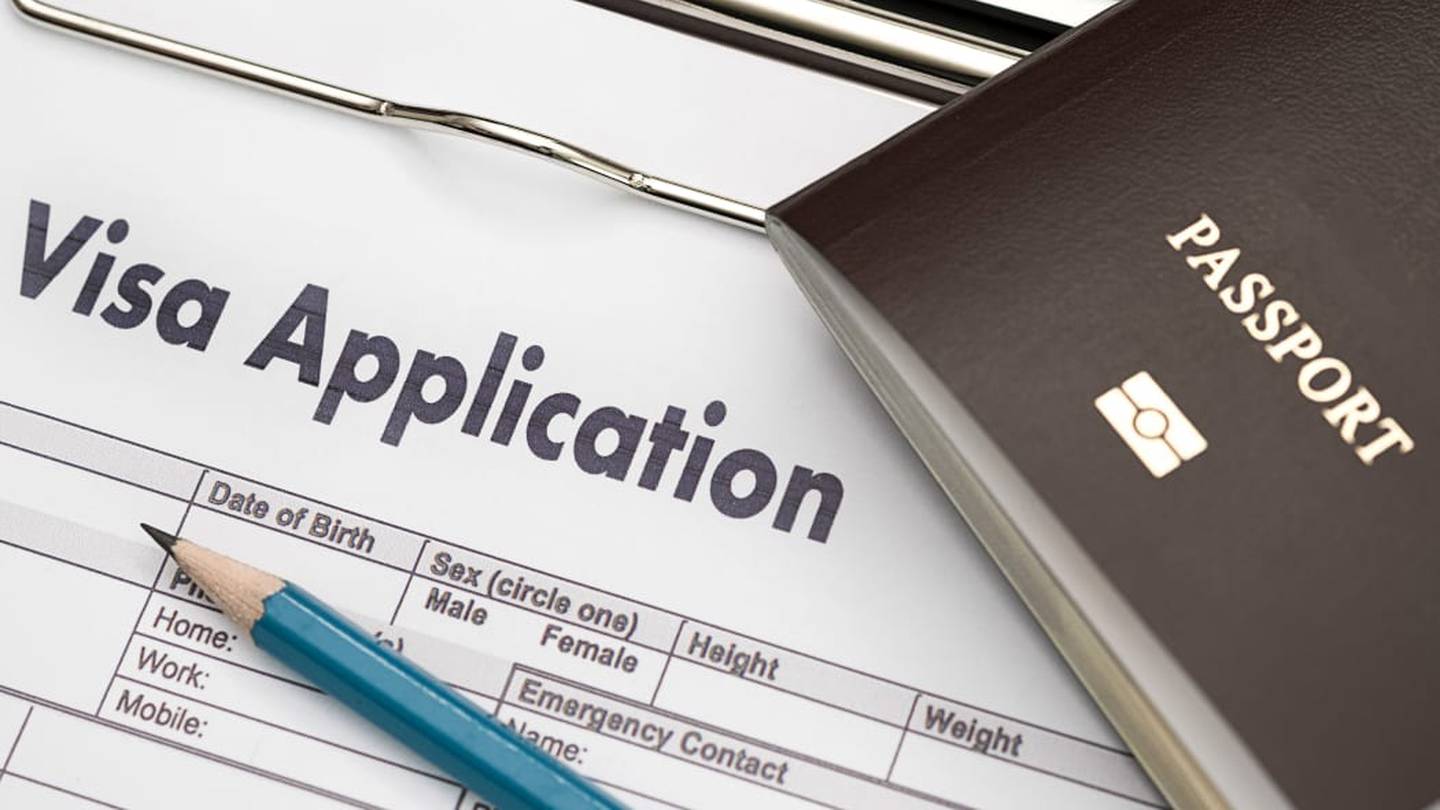Politics
New Deportation Rules Target Overstayers in New Zealand

Immigration New Zealand is ramping up efforts to address the issue of visa overstayers, with new figures indicating an increase to approximately 21,000 overstayers in the country. This marks a significant rise from the 14,000 reported in 2017. The New Zealand government is implementing changes to deportation rules, particularly targeting immigrants who have committed serious crimes. Under the proposed adjustments, individuals who have been in New Zealand for less than 20 years may face deportation, extending the current threshold of 10 years.
In an interview with broadcaster Mike Hosking, Steve Watson, the Compliance General Manager at Immigration New Zealand, outlined the agency’s proactive approach. Watson emphasized that the department continues to identify and engage with individuals who have overstayed their visas, regardless of whether they have committed criminal offenses.
According to Watson, the process for dealing with overstayers is generally straightforward. The agency contacts these individuals directly, and many are able to leave the country voluntarily and efficiently. This method not only streamlines the deportation process but also reduces the burden on New Zealand’s immigration system.
The increase in overstayer numbers has raised concerns among officials, prompting the government’s decision to tighten regulations. The proposed changes are part of a broader strategy to enhance national security and ensure that immigration policies are enforced more rigorously.
Government’s Strategy on Immigration Enforcement
New Zealand’s approach to immigration enforcement has evolved significantly in recent years. The government acknowledges the complexities involved in managing overstayers, particularly given the diverse backgrounds and circumstances of those affected. Watson noted that while the focus is on overstayers, the agency is also committed to maintaining a fair and humane process.
The emphasis on deporting serious offenders reflects a shift in priorities. The government aims to balance the need for security with the recognition that many overstayers may not pose a threat to society. As such, the new regulations will likely face scrutiny regarding their impact on vulnerable populations.
As New Zealand grapples with these challenges, the immigration landscape continues to change. The government’s initiatives aim to address the growing number of overstayers while ensuring that policies are implemented fairly and effectively. Moving forward, Immigration New Zealand plans to maintain an open dialogue with the public and stakeholders to navigate this evolving situation.
-

 World4 months ago
World4 months agoTest Your Knowledge: Take the Herald’s Afternoon Quiz Today
-

 Sports4 months ago
Sports4 months agoPM Faces Backlash from Fans During Netball Trophy Ceremony
-

 Lifestyle4 months ago
Lifestyle4 months agoDunedin Designers Win Top Award at Hokonui Fashion Event
-

 Entertainment4 months ago
Entertainment4 months agoExperience the Excitement of ‘Chief of War’ in Oʻahu
-

 Sports4 months ago
Sports4 months agoLiam Lawson Launches New Era for Racing Bulls with Strong Start
-

 World5 months ago
World5 months agoCoalition Forms to Preserve Māori Wards in Hawke’s Bay
-

 Health4 months ago
Health4 months agoWalking Faster Offers Major Health Benefits for Older Adults
-

 Lifestyle4 months ago
Lifestyle4 months agoDisney Fan Reveals Dress Code Tips for Park Visitors
-

 Politics4 months ago
Politics4 months agoScots Rally with Humor and Music to Protest Trump’s Visit
-

 Top Stories5 months ago
Top Stories5 months agoUK and India Finalize Trade Deal to Boost Economic Ties
-

 Health2 months ago
Health2 months agoRadio Host Jay-Jay Feeney’s Partner Secures Visa to Stay in NZ
-

 World5 months ago
World5 months agoHuntly Begins Water Pipe Flushing to Resolve Brown Water Issue









